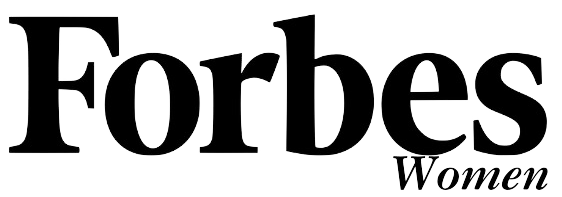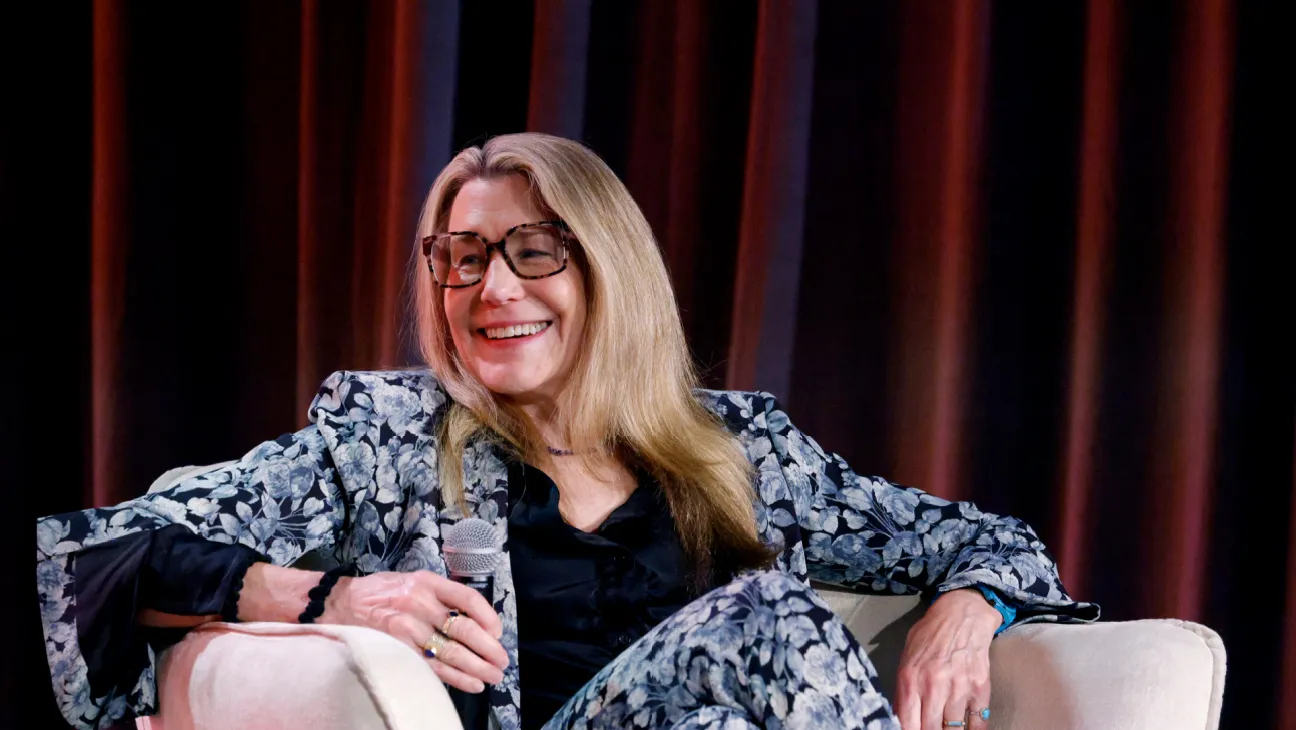In a groundbreaking move to address the intersection of technology and creative content, the Authors Guild is reportedly exploring the possibility of implementing a blanket license for artificial intelligence (AI) companies. This development signals a proactive effort by the Authors Guild to navigate the evolving landscape of intellectual property in the digital age.
The concept of a blanket license for AI companies revolves around providing a comprehensive licensing solution that allows these entities to use copyrighted works without the need for individual permissions from authors. This approach aims to strike a balance between protecting the rights of content creators and fostering innovation in the AI industry.
The Authors Guild, a professional organization advocating for the rights of writers in the United States, has long been at the forefront of discussions surrounding copyright and intellectual property issues. With the rapid advancement of AI technologies and their increasing reliance on copyrighted material, the guild recognizes the need for a nuanced and collaborative approach.
Mary Smith, president of the Authors Guild, stated, “As technology continues to evolve, it is crucial for us to adapt our frameworks to ensure that authors are fairly compensated for their work. The exploration of a blanket license for AI companies is a proactive step to address the challenges and opportunities presented by artificial intelligence in the realm of creative content.”
The proposed blanket license would establish a streamlined process for AI companies to access and utilize copyrighted material legally. The specifics of such a license, including the scope of usage, compensation models, and safeguards for authors, are expected to be thoroughly discussed and negotiated.
Experts anticipate that the implementation of a blanket license could provide a practical solution to the current complexities surrounding AI and copyright. It would not only simplify the licensing process for AI developers but also ensure that authors receive fair compensation for the use of their intellectual property.
However, the proposal has sparked debates within the writing and technology communities. Some argue that a blanket license may inadvertently undervalue the creative contributions of authors, while others see it as a necessary step to foster innovation in the rapidly evolving AI landscape.
The Authors Guild plans to engage in open dialogues with stakeholders from the publishing industry, technology sector, legal experts, and authors themselves to gather diverse perspectives on this potential paradigm shift. The guild aims to create a licensing framework that addresses the concerns of all parties involved and serves as a model for other countries grappling with similar challenges.
As the Authors Guild delves into uncharted territory at the intersection of literature and artificial intelligence, the outcome of these discussions is bound to shape the future landscape of intellectual property in the digital age. The exploration of a blanket license for AI companies is a testament to the ongoing efforts to strike a balance between fostering innovation and protecting the rights of content creators.









